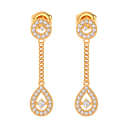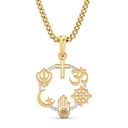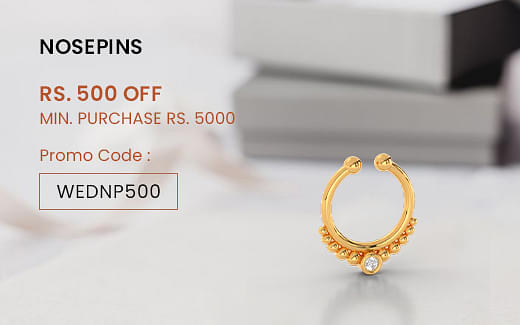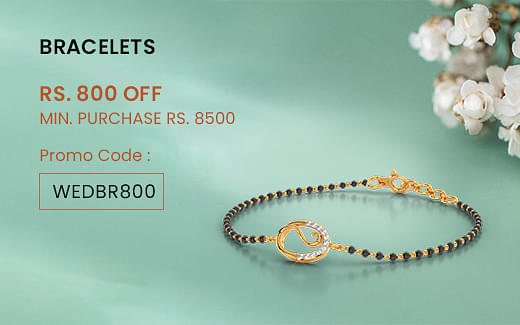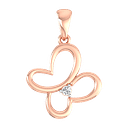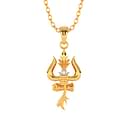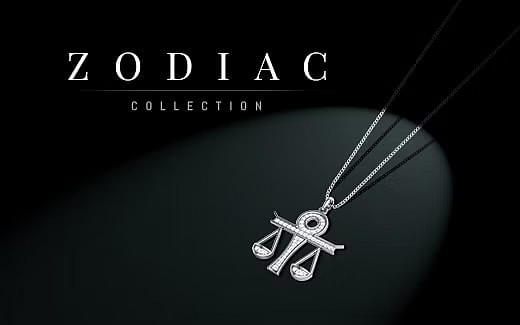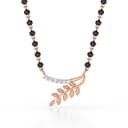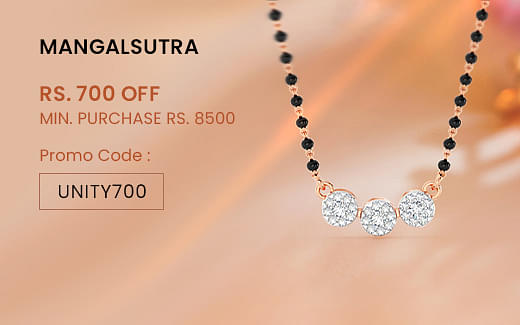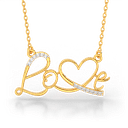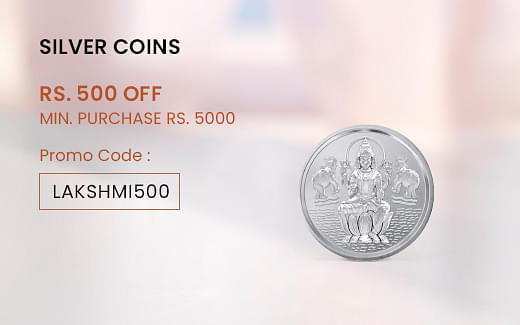The Krishna pendant is a popular jewellery piece with significant cultural and spiritual meaning, particularly within Hindu traditions. This pendant often features intricate designs that depict Lord Krishna, a central figure in Hindu mythology known for his divine playfulness, wisdom, and love. The significance of the Krishna pendant extends beyond mere adornment it embodies devotion, spirituality, and artistic expression.
Historical Context
Lord Krishna is revered as the eighth avatar of Vishnu and is celebrated for his role in the epic Mahabharata, particularly in the Bhagavad Gita, where he imparts wisdom to Arjuna on the battlefield. The representations of Krishna in art and jewellery have evolved over centuries, reflecting the cultural and spiritual values of different eras. The Krishna pendant often serves as a reminder of the teachings and qualities associated with Krishna, such as compassion, love, and righteousness.
Design and Craftsmanship
Krishna pendants are typically crafted from various materials, including gold, silver, and gemstones. The design may vary widely, from simple engravings to elaborate, multi-dimensional representations of Krishna playing the flute or dancing with his beloved Radha.
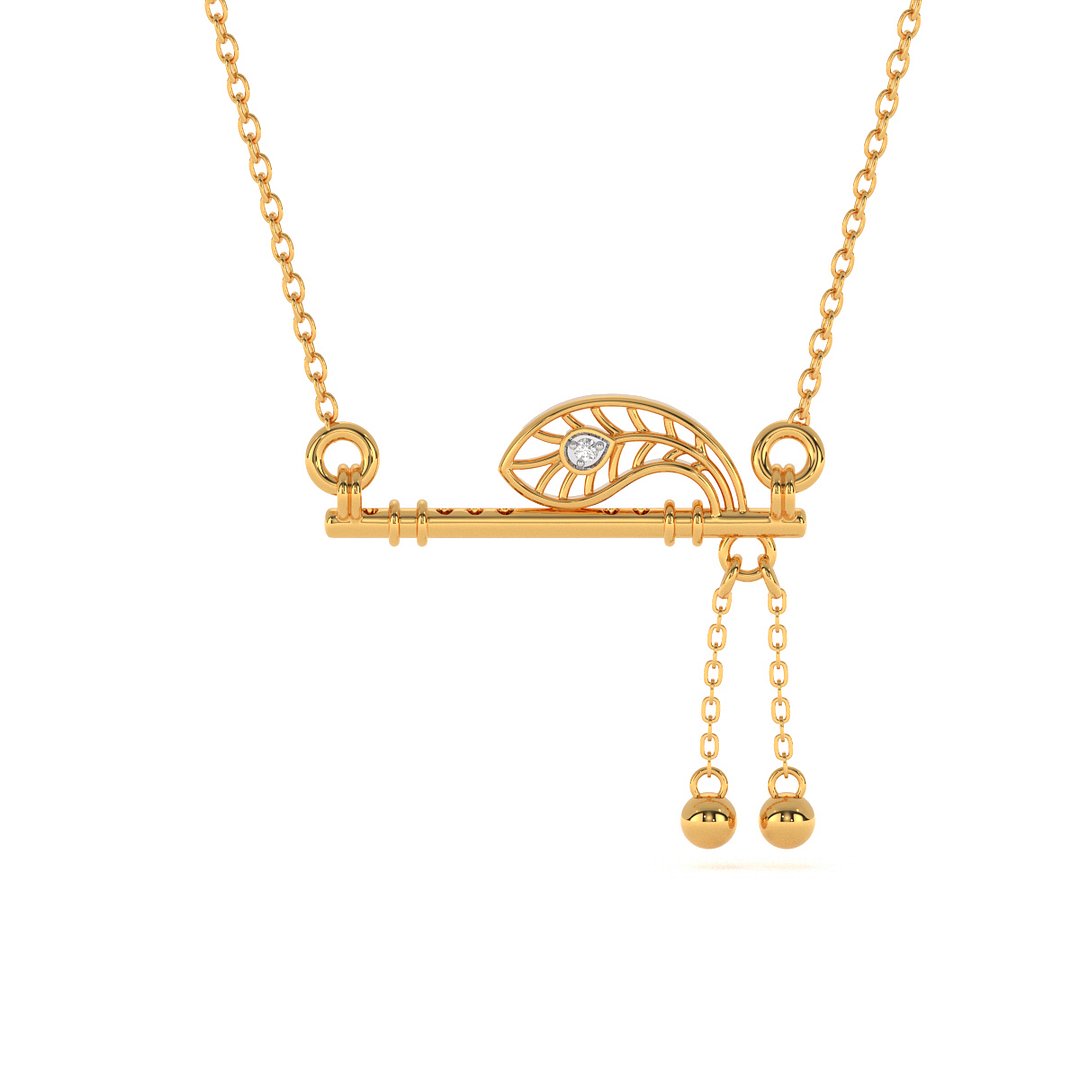
Common Features
- Symbolism: The flute symbolizes divine music and the call of the soul, while peacock feathers often adorn Krishna’s head, representing beauty and grace.
- Materials: Gold is a favoured material for these pendants, as it signifies purity and wealth. Some designs may incorporate colourful gemstones, adding vibrancy and appeal.
- Artistic Styles: Different regions in India have their unique styles of crafting Krishna pendants. For instance, the intricate filigree work from Odisha or the enamel work from Gujarat showcases the diverse artistic heritage of India.
Spiritual Significance
Wearing a Krishna pendant is often seen as a way to invoke the blessings of Lord Krishna. Devotees believe that the pendant can provide protection, guidance, and spiritual upliftment. Many people wear these pendants during religious ceremonies, festivals, or daily prayers, as a means to connect with the divine.
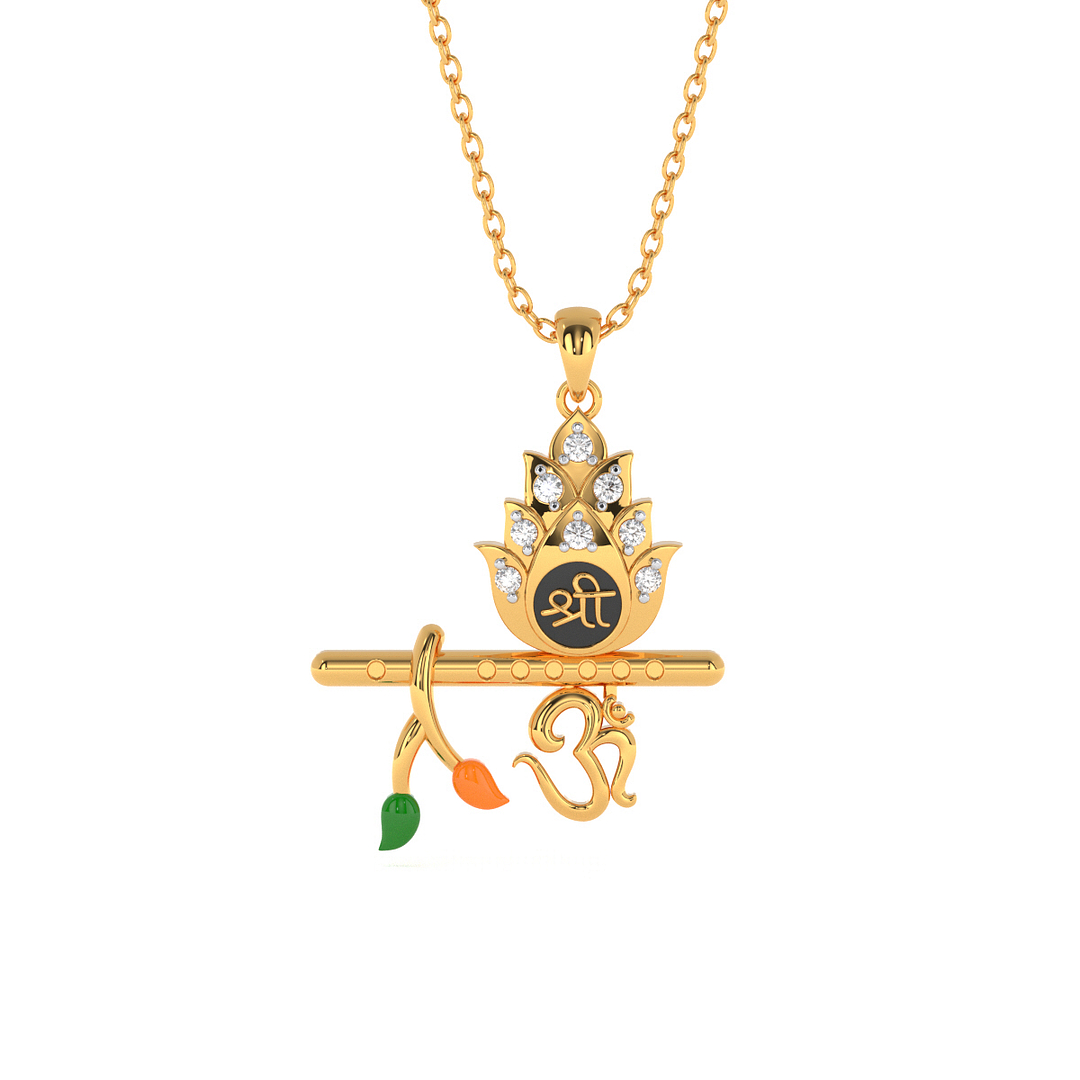
Connection to the Bhakti Movement
The Bhakti movement, which emphasized personal devotion to God, has played a crucial role in popularizing Krishna as a beloved deity. The Krishna pendant symbolizes this deep devotion and is often worn by followers of the movement as evidence of their faith.
Market Trends
In recent years, the demand for Krishna pendants has surged, particularly among younger generations seeking to express their spirituality through fashion. Online platforms and jewellery stores now offer a wide range of designs, catering to various tastes and budgets.
Krishnamurari Om Gold Pendant
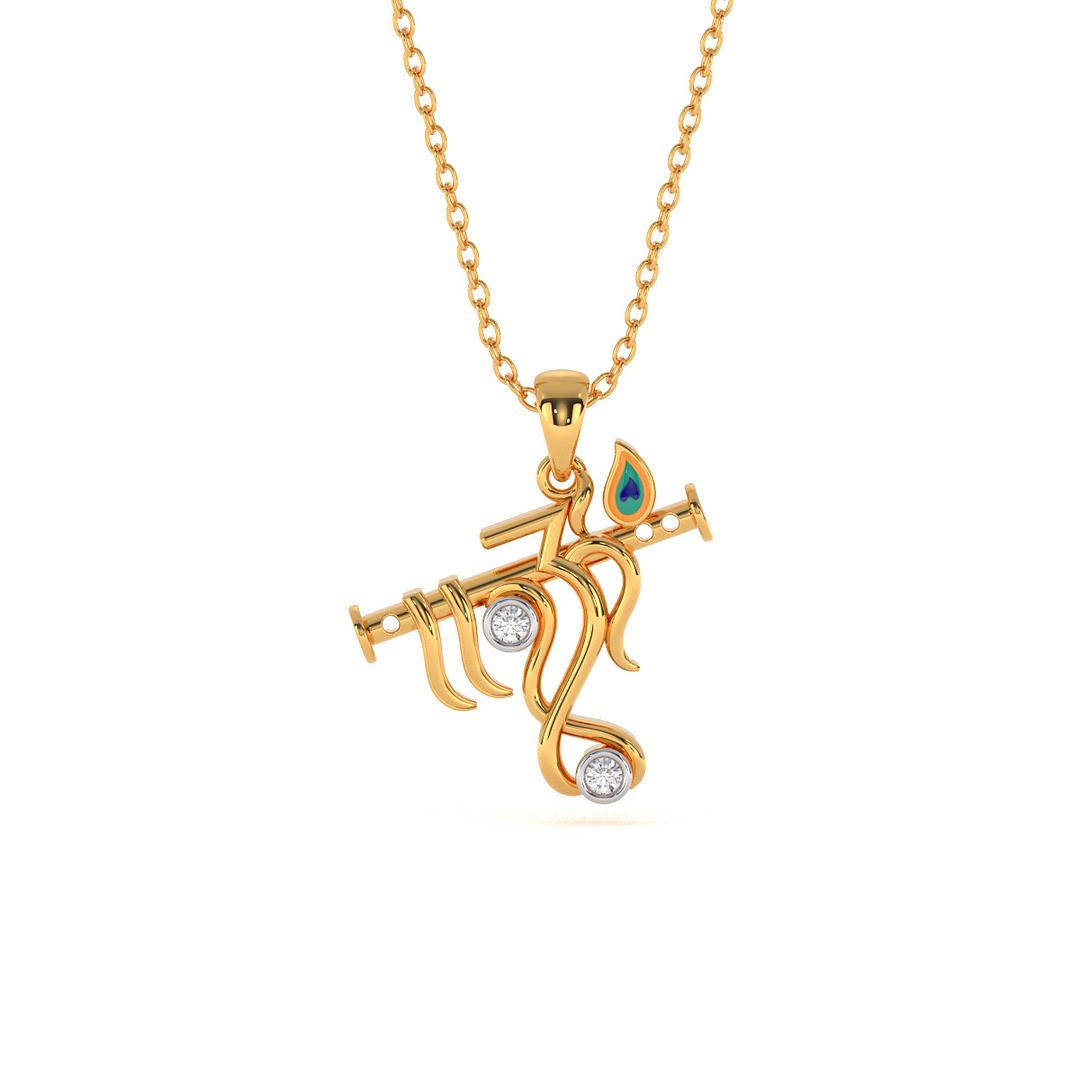
Customization
Many jewellers provide customization options for festive occasions, allowing individuals to create personalized pendants that reflect their unique connection to Krishna. This trend not only enhances the sentimental value of the piece but also encourages a deeper engagement with the spiritual aspects of the jewellery.
Jagmohan Pankh Gold Pendant
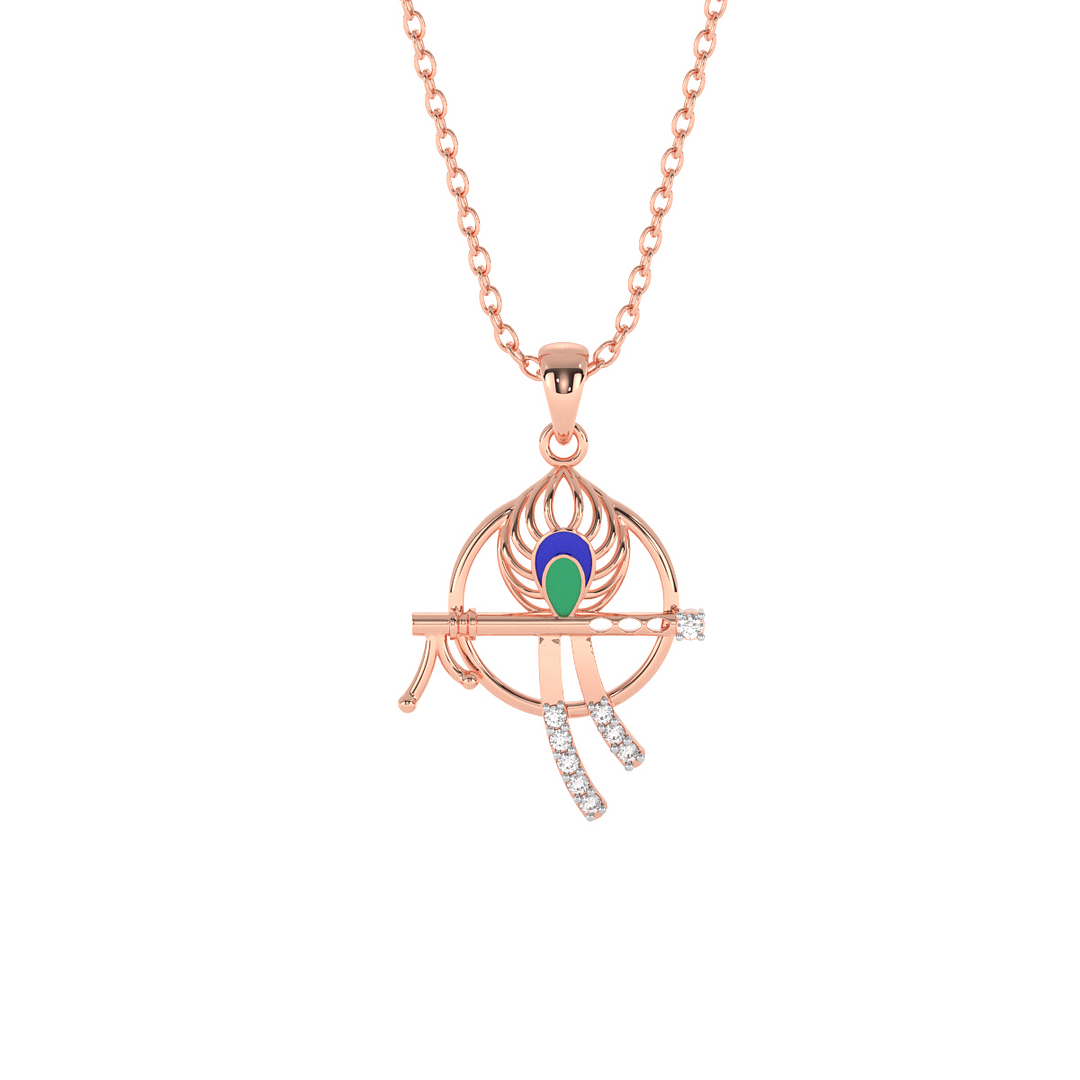
Cultural Impact
The Krishna pendant is not only a piece of jewellery but also a cultural artefact that reflects the rich tapestry of Indian traditions. It serves as a medium for storytelling, as each design can narrate different aspects of Krishna’s life and teachings.
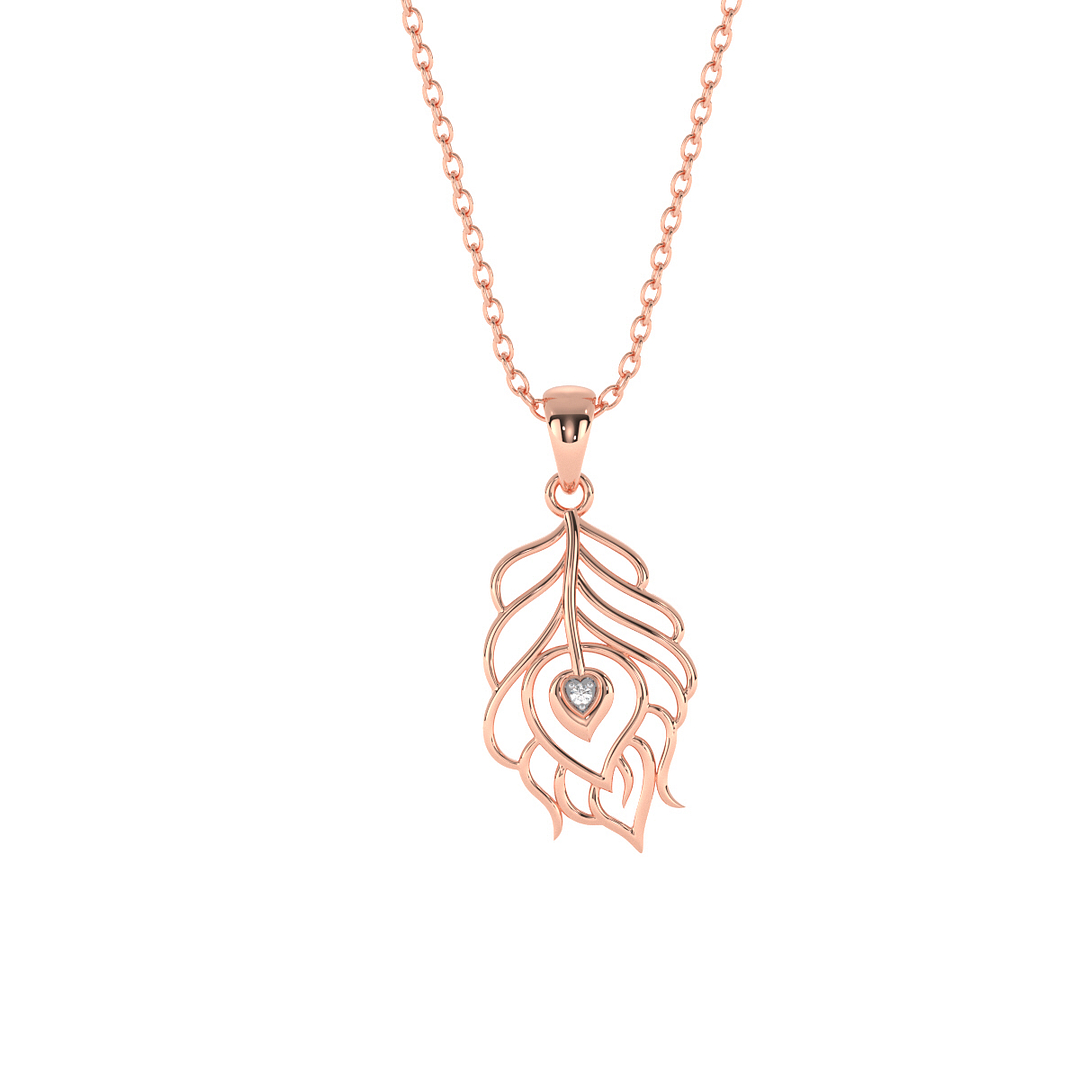
Influence on Art and Fashion
The influence of Krishna pendants extends beyond traditional settings. Contemporary designers often draw inspiration from these motifs, integrating them into modern jewellery collections. This fusion of traditional and modern aesthetics appeals to a broader audience, making the Krishna pendant a versatile accessory.
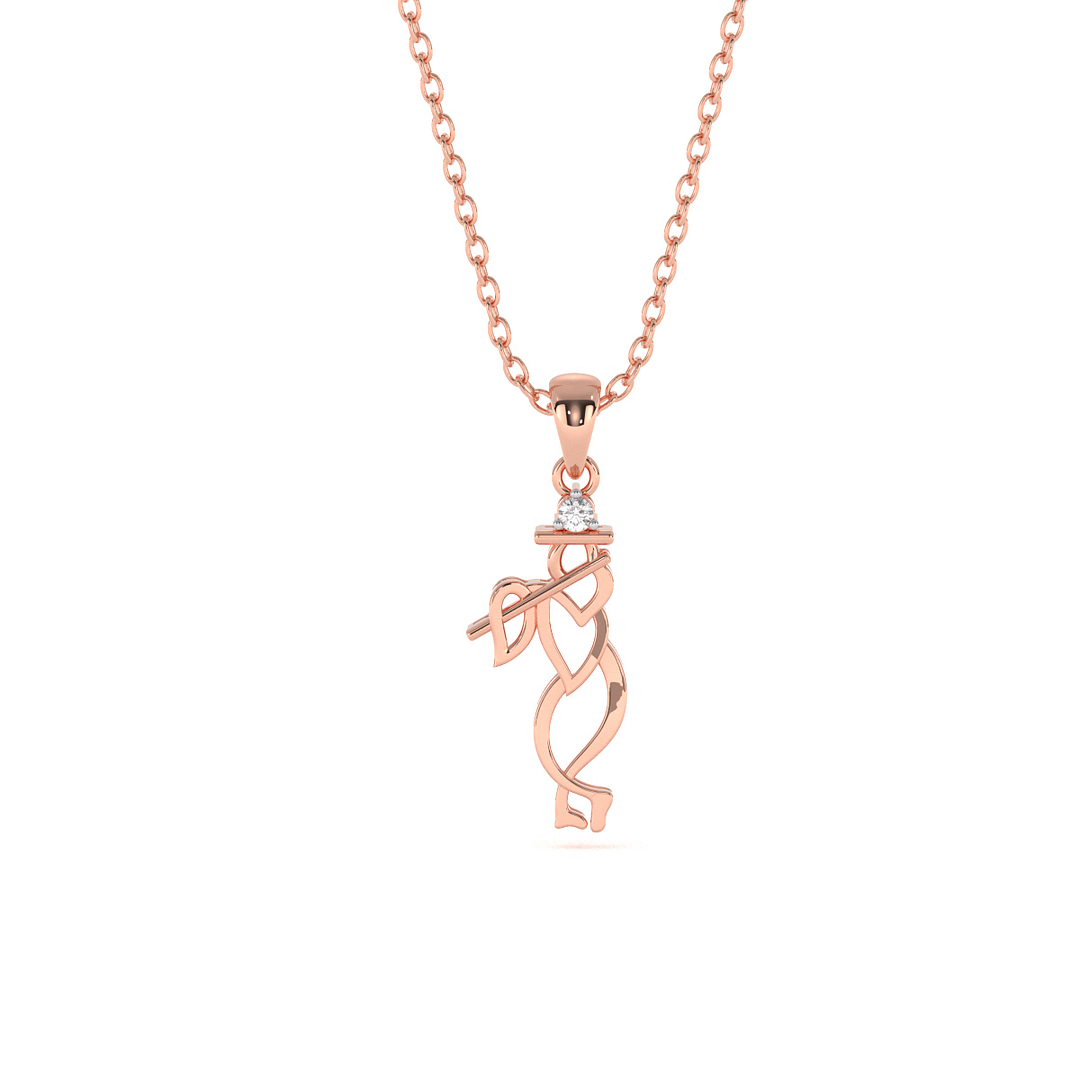
Conclusion
The Krishna pendant encapsulates a blend of spirituality, artistry, and cultural heritage. Its significance transcends mere ornamentation, serving as a symbol of devotion and a reminder of the teachings of Lord Krishna.
As it continues to evolve in design and popularity, the Krishna pendant remains a cherished item for many, reflecting the timeless appeal of one of Hinduism’s most beloved deities.
Whether worn for religious purposes or as a fashion statement, the Krishna pendant holds a special place in the hearts of those who seek to connect with the divine.
FAQS:-
Describe Krishna’s special sign.
Indian flute, or bansuri, in hand, Krishna is frequently seen with a garland or crown made of peacock feathers. His customary position in this form is standing in the Tribhanga posture, with one knee bent in front of the other. He occasionally has cows or a calf with him, which represents the celestial herder Govinda.
What does the pendant featuring Krishna mean?
The Sri Krishna pendant that grants all of your desires
Krishna denotes the highest state of happiness. It’s said that repeating this mantra will let you experience Lord Krishna’s strength and happiness. As a result, happiness will enter your life, and you’ll get the courage and strength to grant everyone’s requests.



















